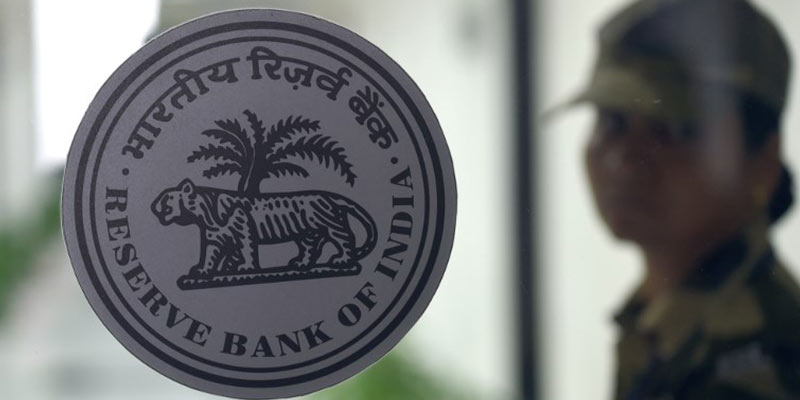- India
- Jul 02
RBI launches special liquidity scheme
The government launched a Rs 30,000-crore scheme under which non-bank lenders will be provided short-term liquidity through a special purpose vehicle (SPV) set up by SBICAP, a subsidiary of the State Bank of India.
In March this year, Finance Minister Nirmala Sitharaman had announced the special scheme with a view to improve the liquidity position of non-banking financial companies (NBFCs) as well as housing finance companies (HFCs).
What is a Special Purpose Vehicle?
A Special Purpose Vehicle (SPV) is a separate legal entity created by an organisation to fulfill narrow, specific or temporary objectives. SPVs are typically used by companies to isolate the firm from financial risk. As it is a separate legal entity, if the parent company goes bankrupt, the special purpose vehicle can carry its obligations. It is also called Special-Purpose Entity (SPE).
What is the scheme about?
In a notification on July 1, the Reserve Bank of India (RBI) said the SPV will purchase the short-term papers from eligible NBFCs/HFCs, which shall utilise the proceeds under this scheme solely for the purpose of extinguishing existing liabilities.
The central bank also laid down the conditions which the NBFCs and HFCs will have to meet to become eligible to avail the scheme.
The RBI will provide funds for the special liquidity scheme by subscribing to government guaranteed special securities issued by the SLS Trust set up by SBI Capital Markets Limited (SBICAP), said a finance ministry release.
“The total amount of such securities issued outstanding shall not exceed Rs 30,000 crore at any point of time,” it said.
What is SBICAP?
SBI Capital Markets Limited (SBICAP) was founded in August 1986. It is a wholly owned subsidiary and the investment banking arm of State Bank of India (SBI). It offers the entire gamut of investment banking and corporate advisory services.
How will the scheme be implemented?
The government will provide an unconditional and irrevocable guarantee to the special securities issued by the Trust.
The instruments will be commercial papers (CPs) and non-convertible debentures (NCDs) with a residual maturity of not more than three months and rated as investment grade, the RBI said.
“The facility, however, will not be available for any paper issued after September 30, 2020 and the SPV would cease to make fresh purchases after September 30, 2020 and would recover all dues by December 31, 2020,” the RBI added.
NBFCs — including microfinance institutions, excluding those registered as core investment companies — and housing finance companies that are registered under the National Housing Bank Act can avail the special liquidity scheme.
However, their net non-performing assets should not be more than 6 per cent as on March 31, 2019 and they should have made net profit in at least one of the last two preceding financial years (2017-18 and 2018-19).
There are other conditions, like the entities should be rated investment grade by a SEBI registered rating agency, it said.
The scheme will remain open for three months for making subscriptions by the Trust.
Manorama Yearbook app is now available on Google Play Store and iOS App Store

